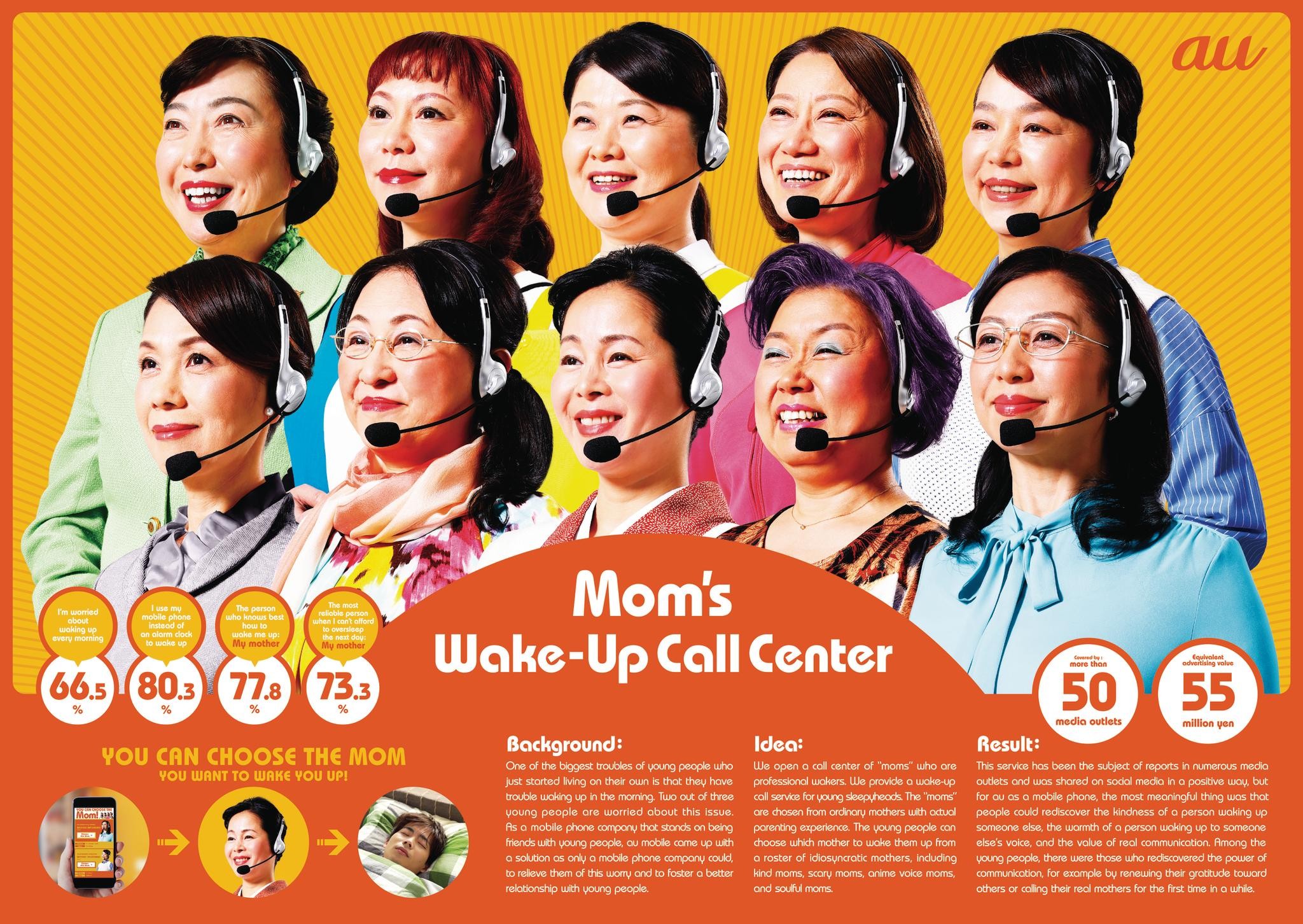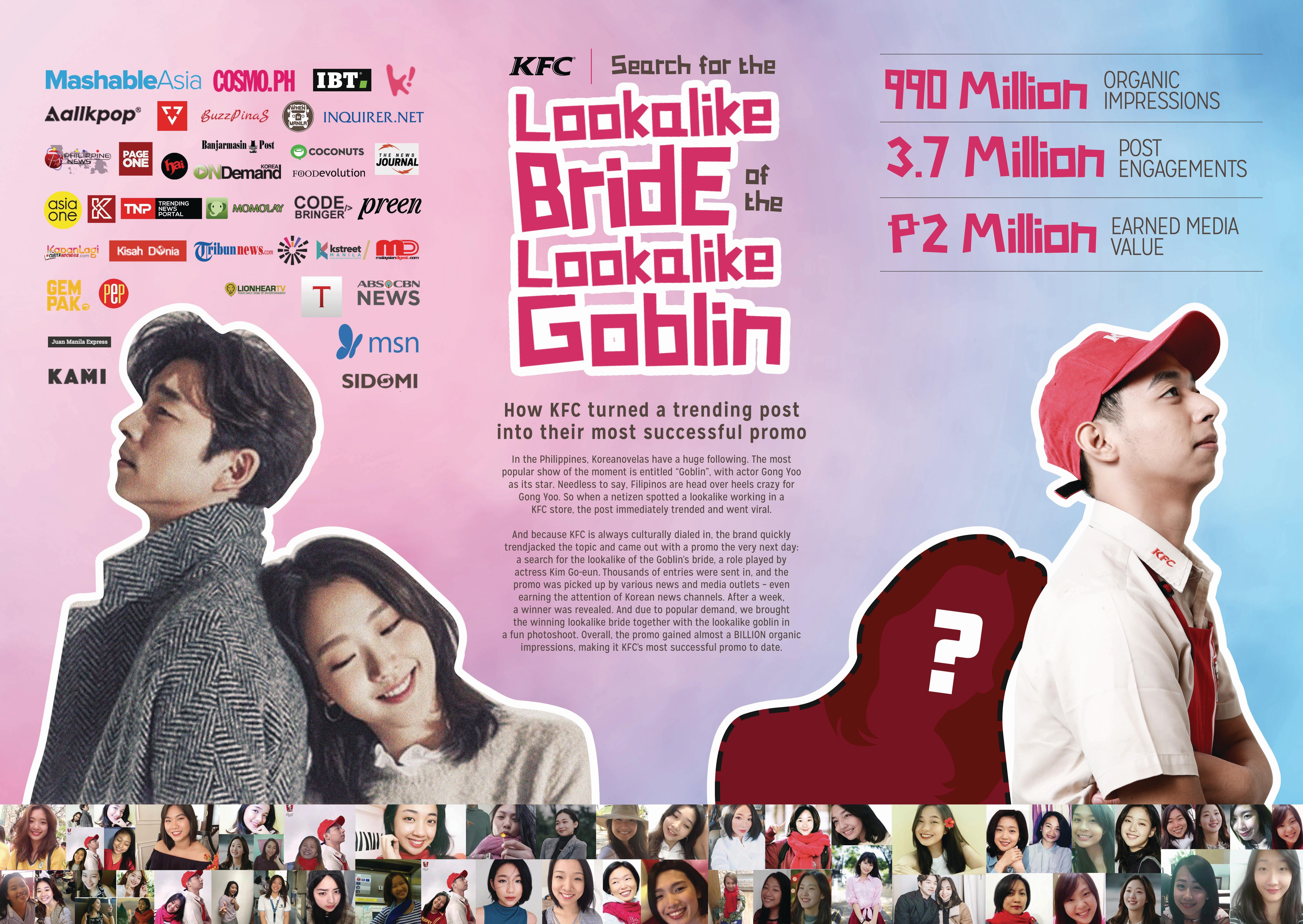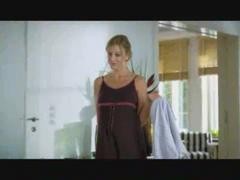Cannes Lions
The Return of Colonel Sanders
WIEDEN+KENNEDY, Portland / KFC / 2019


Overview
Entries
Credits
OVERVIEW
Background
KFC is outspent by competition in media, in the fast food category in the US it’s easy to default to only running hard-working food spots that guarantee high ROI. We recognized that Colonel Sanders was a deep-rooted icon in both southern and American culture and took a chance that bringing him back would drive brand love and sales.
Leaning in on a brand icon versus just showcasing food-focused spots with offer driven language was a risky decision that paid off in high year-over-year sales and an increase in brand recognition.
Idea
Our idea was to unleash the ultimate chicken salesman on the modern world.
The Colonel would do anything and everything to sell fried chicken, but what would he do if he was alive today? He would take advantage of every marketing channel available to promote and sell Kentucky Fried Chicken. On TV, a rotating cast of celebrities portray the Colonel, with each new Colonel igniting a frenzy of conversation around the brand.
Meanwhile, to get into the cultural conversation, the Colonel and KFC have appeared in unexpected places in pop culture in surprising ways. In the last year, we live-streamed kittens playing with a Colonel-shaped cat climber, launched a crowd-funding campaign for bucket-shaped hot tubs, introduced a virtual Colonel social media influencer, and even performed at the Ultra Music Festival—just to name a few.
Our two-pronged approach has created a steady drumbeat of news, keeping KFC constantly top of mind.
Strategy
Some insights come from research or ethnographies. Ours came from the brand’s past. In KFC’s archives, deep in a climate-controlled cave in Louisville, KY, we rediscovered what made KFC so great in its heyday: Colonel Sanders.
The Colonel was a champion for home-cooked meals. His chicken was proudly “Finger Lickin’ Good.” He had a relentless passion for quality and doing things the Hard Way. And if he didn’t like your gravy, he would throw it on the floor—or so they say. Despite his grandfatherly appearance, the Colonel was a feisty man, unashamed about celebrating his product.
But we also learned about his other side. The Colonel was an entertainer and the ultimate chicken salesman. For him, every occasion was an opportunity to sell KFC, no matter how outrageous or obscure. He made countless TV, radio, and print ads; appeared on game shows; sponsored a mandolin band; made Christmas albums; and even built a KFC-themed amusement-park ride; all in the name of selling fried chicken.
This other side of the Colonel was the creative inspiration we needed to make KFC relevant to our younger audience.
Outcome
By getting the Colonel back into pop culture, we made sure that KFC was constantly
talked about, including organic appearances in major pop culture moments, like Stephen Colbert’s opening monologue on The Late Show, or onstage with Pharrell Williams in a KFC x Human Made t-shirt.
The campaign has also helped move the needle with our key 18- to 34-year-old target. In 2018, we’ve been able to increase KFC’s overall brand health index (an average of quality, value, satisfaction, recommend, reputation, and impression metrics) to 29.6—a year-over-year improvement and nearly double what it was five years ago in 2013. We’ve also been able to bring more young people into the brand, successfully aging-down KFC’s customer base.
Most importantly, the campaign has helped drive another year of same-store sales growth in 2018, giving KFC five consecutive years of same-store sales growth for the first time in a decade.
Similar Campaigns
12 items







